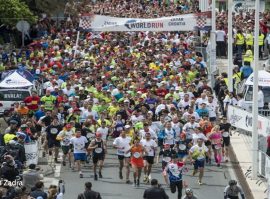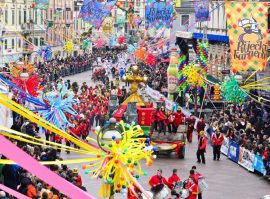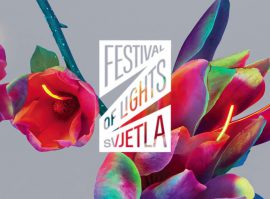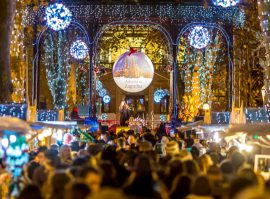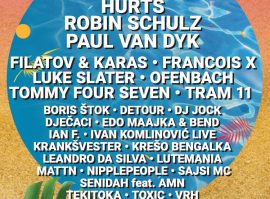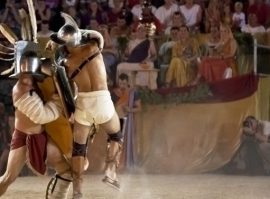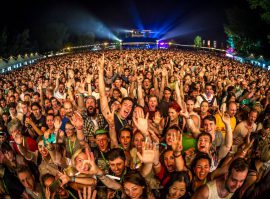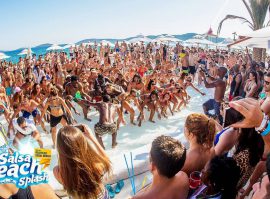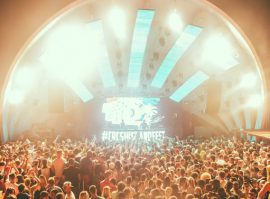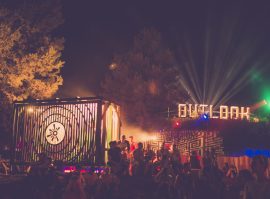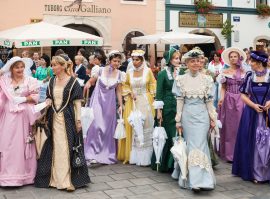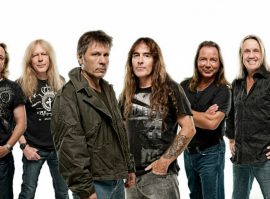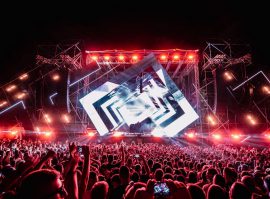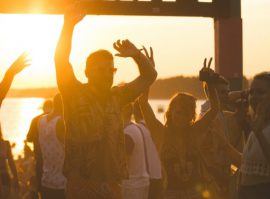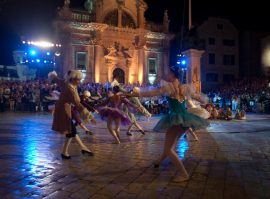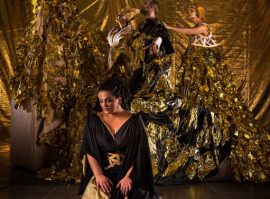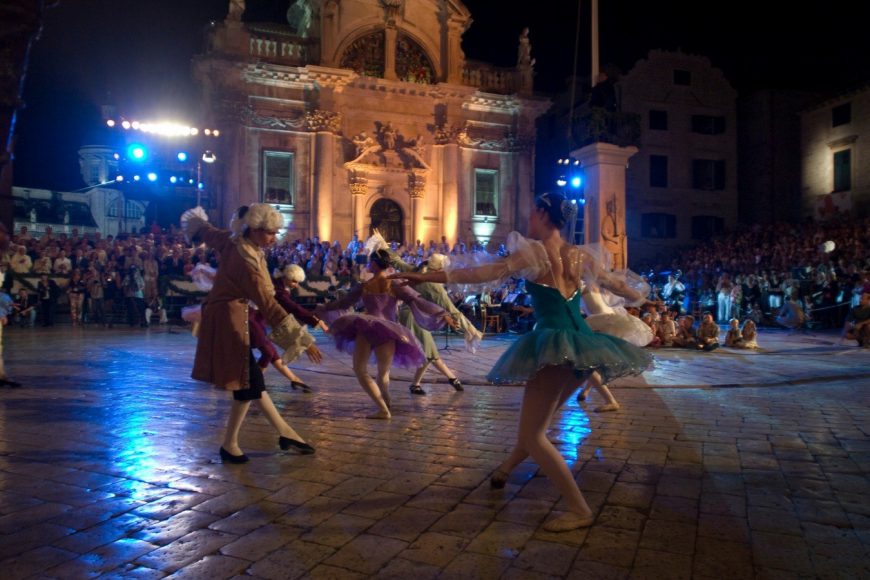
69th Dubrovnik Summer Festival
It was at the beginning of the 1950s, when there were many theatrical and musical events springing up all over Europe, that the Dubrovnik Summer Festival was founded. However, the idea of harmonizing the renaissance and baroque atmosphere of Dubrovnik and the living spirit of drama and music, actually derived from the intellectual way of life of the city itself, from its living creative tradition, which has bestowed upon Croatian cultural and scholarly history, especially in theatre and literature, many great names and works, and kept it continually in touch with contemporary currents in western Europe.
The ambience determined not only the repertoire but also the organization of the Festival, and most of the performances were performed by the Festival Drama Ensemble, composed of the best Croatian actors. There were also guest appearances that enhanced exclusiveness of the event including the Piccolo Teatro from Milan with Strehler’s staging of The Servant of Two Masters, the Old Vic with Zefirelli’s Romeo and Juliet, the Greek National Theatre from Athens with Aeschylus’ Prometheus Bound, the Stadttheater from Basel with Dürrenmatt’s Play Strindberg, directed by the author, Ronconi’s legendary staging of Orlando Furioso, the London Prospect Theatre Company with several productions by Toby Robertson, and the Teatar Stary from Krakow with Wajda’s The Idiot; Hamlet has been played by prestigious actors such as Derek Jacobi and Daniel Day Lewis.
The Festival music program was initially conceptualized as presentation of the best composers, soloists and orchestras from the country, but by the end of the fifties it had already grown into a real review of top solo artists and ensembles from all around the world. The high standard of performance in Dubrovnik was complemented by functional use of the attractive and acoustic buildings, particularly the Rector’s Palace Atrium. In the early seventies special attention was paid to the music and concert program conception, with larger number of representatives of new currents in music taking part, in addition to those who attempted to breathe new life into the old, especially Croatian, music. Among numerous artists who performed at the Dubrovnik Summer Festival, contributing to its prestige worldwide, it is difficult to single out anyone in particular.
